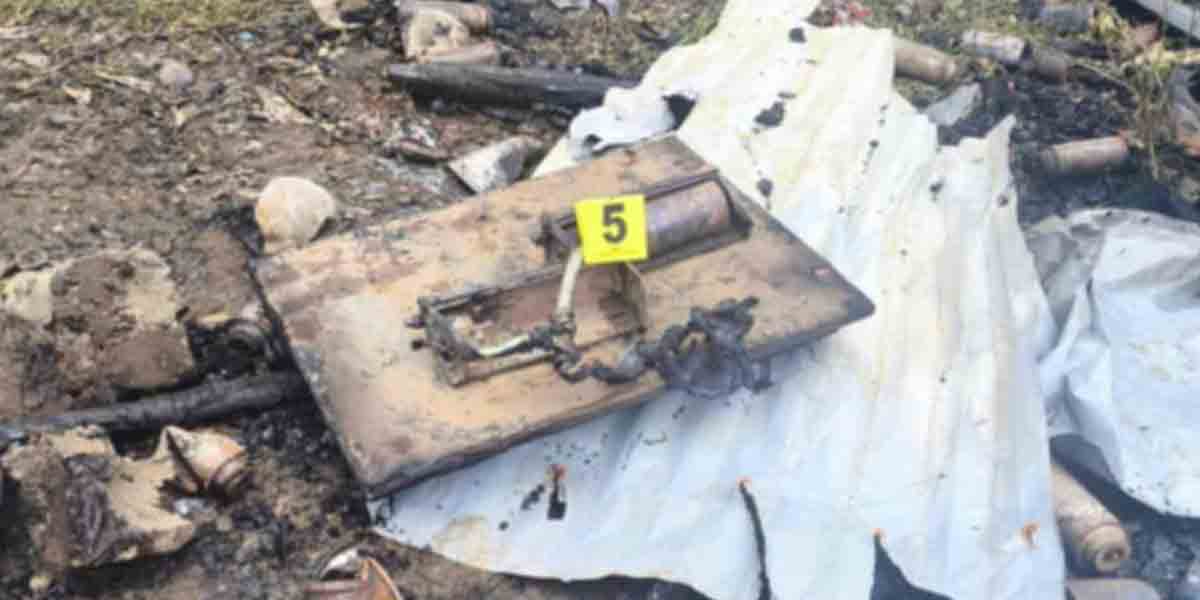 By Alex P. Vidal
By Alex P. Vidal
“Superstition is to religion what astrology is to astronomy the mad daughter of a wise mother. These daughters have too long dominated the earth.” — Voltaire
ACCORDING to some anthropologists, supernatural beliefs gain strength in natural disasters.
Every time a disaster like the Taal volcano explosion occurs without an explanation, Filipinos attribute it to superstition.
The belief in omens and portents, often rooted in ancient cosmology, is widely held, even by the worldly and well educated.
After all, Philippine culture cherishes lucky numbers, eschews sounds that can be misconstrued as the word for death and places great value in “gaba” or curse; we are also the No. 1 non-Chinese believers of feng shui, the practice of arranging furniture and buildings just so, to bring happiness and good health.
Some Manny Pacquiao fans even blamed his controversial defeat to Timothy Bradley to his decision to become a “born again” Christian and his refusal to wear the rosary, which he used to do when he was a Catholic.
The truth is there are scientific explanations why Taal volcano erupted, not because of our “sins” and other weird superstitious explanations.
Pacquiao actually won that first fight but the judges only reportedly erred in awarding the bout to Bradley who was badly clobbered in their rematch.
-o0o-
One of the most famous catastrophes in European history was the Lisbon earthquake of 1755, in Portugal.
The earthquake itself caused fires immediately, as well as a tsunami that arrived in about 40 minutes. All told, between 10,000 and 100,000 people died.
The question asked throughout Enlightenment-era Europe was, “What did Lisbon do to deserve such punishment?”
There were some theories, including religion, sexual mores, and some more fanciful claims, but it seemed hard to believe that these could explain why Lisbon would be almost completely destroyed and Berlin, Paris, Prague, Vienna, and other capitals of sin would be untouched.
“Unless… what if there was no explanation? No one had done anything, good or bad, to cause it. The earthquake just happened,” points out Michael Munger of the Foundation for Economic Education (FEE).
-o0o-
Now, humans usually don’t like answers like that; we can’t plan, and we can’t identify patterns.
On the other hand, accepting that there may be no explanation, much less a blame-worthy action as cause, for events is a step toward thinking scientifically.
In a way, the Lisbon earthquake was a great benefit to the cause of enlightenment.
As John Hamer said, “One of modernity’s greatest achievements is the realization that natural disasters like earthquakes have nothing to do with us, that we need not see the wrath of Zeus in every thunderclap, the displeasure of Poseidon in every menacing wave. The origins of that realization are to be found in the smoldering ashes of Lisbon.”
Munger also warns that we see patterns where none exist. It’s what humans do; in fact, it’s what animals do. Mark Twain noticed this and had a pithy summary.
“We should be careful to get out of an experience only the wisdom that is in it—and stop there; lest we be like the cat that sits down on a hot stove lid. She will never sit down on a hot stove lid again—and that is well; but also she will never sit down on a cold one any more.”
-o0o-
Munger explains that the wary cat has a theory of the world: Stove burns you. Stay away from the stove.
Of course, only hot stoves cause burns, so this is not a good theory. But consider two cats:
Cat A believes (correctly) that the theory about stoves causing burns is incomplete, and is not sure what does cause burns.
Cat B stays far away from all stoves, hot or cold, because they magically cause pain and injury in a way the cat doesn’t understand.
It’s pretty clear that Cat B is more likely to survive.
(The author, who is now based in New York City, used to be the editor of two local dailies in Iloilo)

























